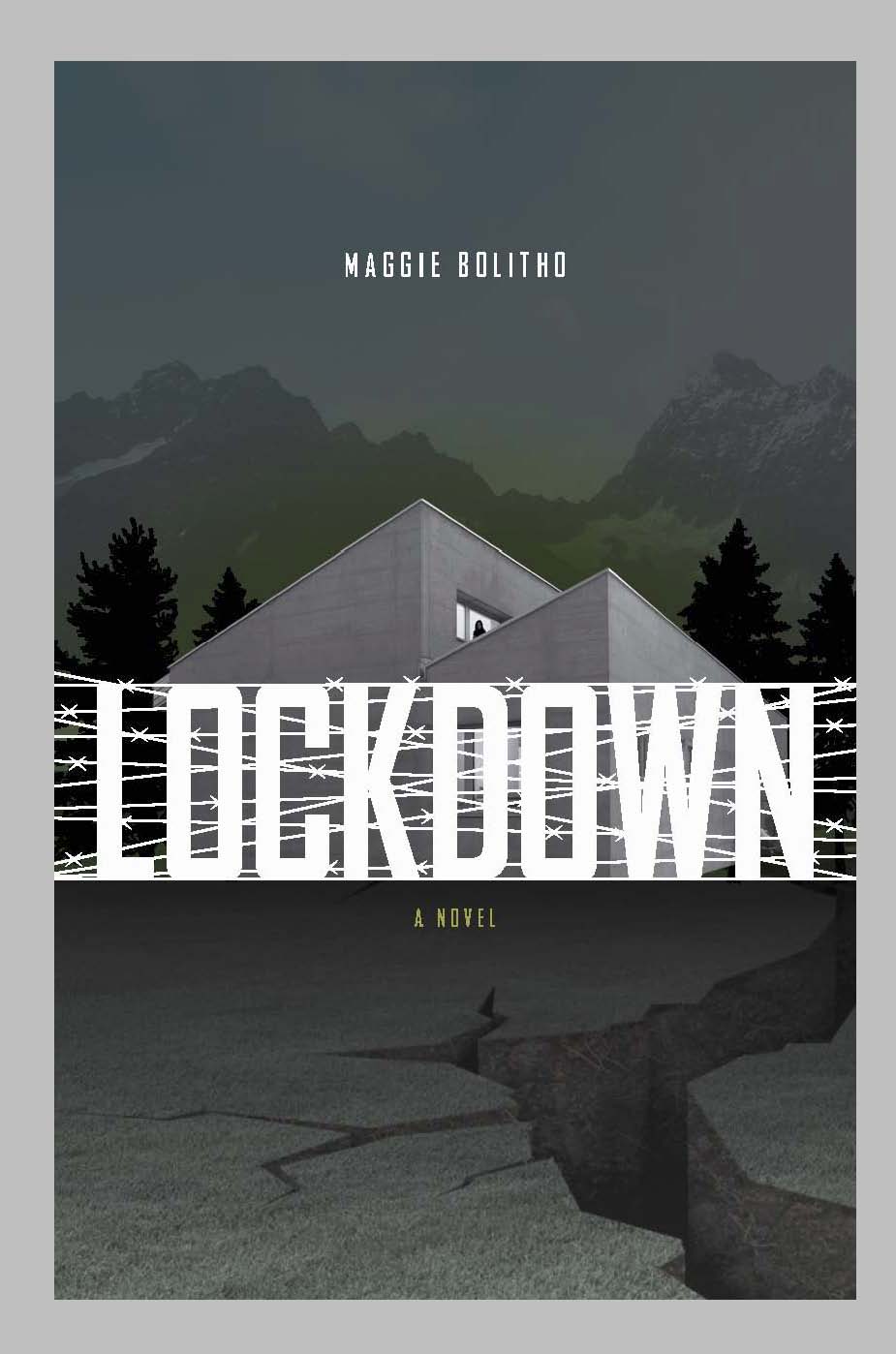 Perseverance of a decapitated tree by Wing Chi Poon
Perseverance of a decapitated tree by Wing Chi Poon
Nobody told me there’d be days like this sang John Lennon. When I looked at what lies ahead of me this week, I was reminded, once again, how little I knew about the publishing industry when I started. Here’s a mud map of what may be necessary, after you’ve polished your novel and got it fit for general consumption:
1. Master the art of writing a query letter, which is infinitely more difficult than writing the book itself. Writer’s Digest offers Ten Dos and Don’ts of Writing a Query Letter. Janet Reid’s Query Shark site gives examples of what turns agents off in actual submissions. Then there’s the whole question of whether you should seek an agent or go directly to a publishing house. Di Bates has a good discussion of Literary Agents on her site Writing for Children. One thing is certain, unless you intend to self publish, your query letter will open or close doors for you.
Word count: 474 Reading time: 1-2 minutes
2. Develop a web presence. Or should you? There’s a question for a search engine! It seems logical that if you want people to be interested in your work, it’s probably best if they can find you. It is sometimes suggested that this step should precede step 1, that agents and publishers are people too.
3. Familiarize yourself with the basics of contract law, or at least develop the tenacity to wade through legal documents. Even if you self publish you need to understand what to expect under the T&C’s (terms and conditions) of your contract.
4. Prepare yourself for editorial input. Allow time for more revision.
5. Before the book is published, assemble a press kit and gear up for what Jill Corcoran calls Book Marketing and Sell-Through.
6. Be prepared for a book launch or even a book tour. Start researching these events well before your launch date. If your publisher doesn't support these events, look for inexpensive ways of hosting your own.
7. Investigate the possibility of a blog tour which is a less physical way of creating buzz for your work but also very time consuming.
8. Between all this – start working on your next novel because if people like your voice, they’ll want more and you’ll want to deliver.
I’m on step four of this list and the road ahead looks exhilarating, to say the least. No one told me it would be so demanding at the outset but I would have soldiered on even if they had. I’m nothing if not perseverant. I’ve had setbacks and false hopes but I keep Winston Churchill’s advice – never never never give up – close to my heart.
What part of the writing journey has surprised you the most? Have you encountered obstacles that you just didn’t anticipate when you started the deceptively simple ambition of telling a story that was burning in your head?
***
Photo from Wikimedia Commons
 Book Launch,
Book Launch,  Cascadia subduction zone,
Cascadia subduction zone,  emergency preparedness,
emergency preparedness,  natural disasters,
natural disasters,  rare great earthquake,
rare great earthquake,  survivalists and prepping in
survivalists and prepping in  Book launch,
Book launch,  Cascadia subduction zone,
Cascadia subduction zone,  Debut novel,
Debut novel,  Emerging writers,
Emerging writers,  Lockdown,
Lockdown,  Lockdown a novel,
Lockdown a novel,  Maggie Bolitho Lockdown the novel,
Maggie Bolitho Lockdown the novel,  Maggie Bolitho writer,
Maggie Bolitho writer,  Survivalists and prepping,
Survivalists and prepping,  Writers supporting writers,
Writers supporting writers,  YA Fiction,
YA Fiction,  rare great earthquake
rare great earthquake 




